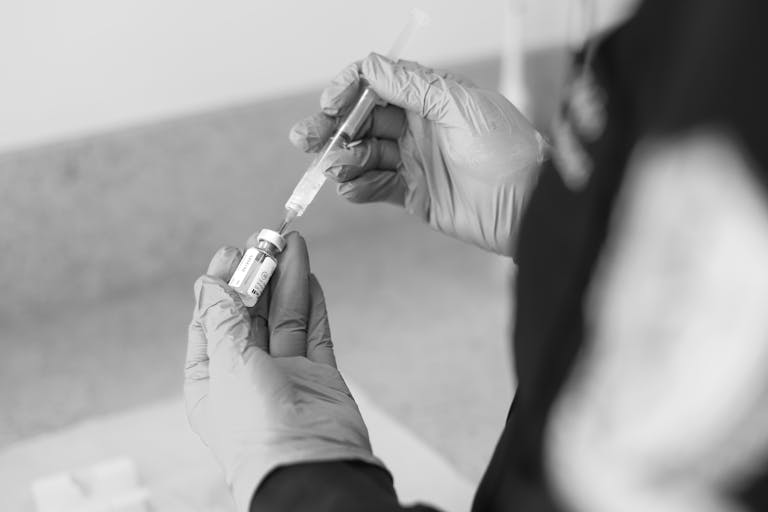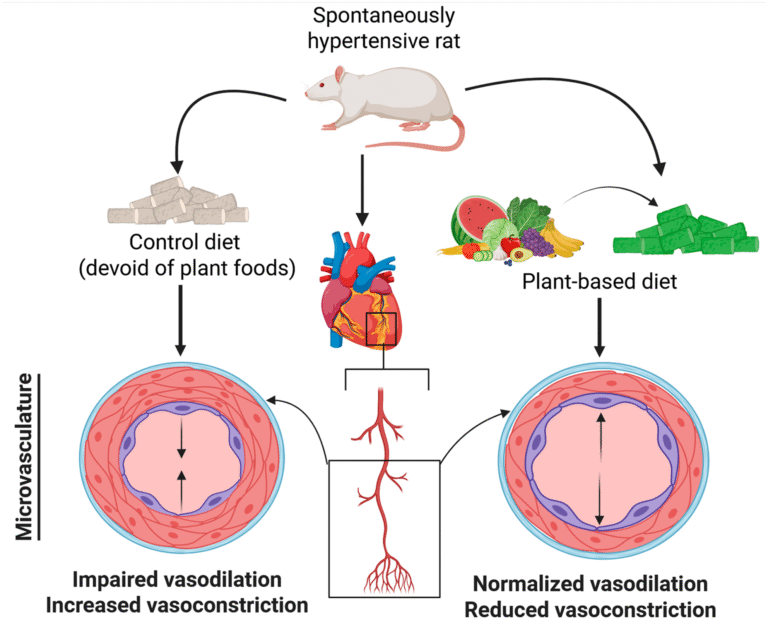Beta Blockers: A 40-Year Heart Treatment Now Under Scrutiny

For more than four decades, beta blockers have been a trusted companion in heart attack recovery. Doctors prescribed them almost automatically, believing they provided a safety net against further complications. But a massive international study — the REBOOT Trial — has now thrown a spotlight on this long-standing practice. The results suggest that for many patients, especially women, beta blockers may not only fail to help but could even do more harm than good.
Why Beta Blockers Became the Go-To
Beta blockers earned their reputation back in an era when heart attack treatments were far less advanced. They were shown to lower the heart’s oxygen demand, slow heart rate, and reduce the risk of dangerous arrhythmias. For patients recovering from a heart attack, that seemed like a big win. Over time, they became standard care worldwide.

But medicine has changed dramatically. These days, blocked arteries can be reopened quickly, and modern therapies keep heart damage minimal. That raises an important question: if today’s treatments already prevent major complications, do we still need beta blockers for patients with normal heart function after a heart attack?
What the REBOOT Trial Found
The REBOOT Trial, the largest study of its kind, followed 8,505 patients across 109 hospitals in Spain and Italy. Participants were randomly assigned to either take or not take beta blockers after leaving the hospital. Everyone received the modern standard of care otherwise, and researchers tracked outcomes for almost four years.
The verdict? No significant difference between the groups. Beta blockers didn’t reduce deaths, repeat heart attacks, or hospitalizations for heart failure in patients with preserved heart function.
Even more concerning, a companion substudy revealed a gender difference. Women given beta blockers after a heart attack faced higher risks of dying, having another heart attack, or being hospitalized for heart failure compared to women who weren’t prescribed the drug. Men, however, did not show the same increased risk.
Why This Matters Globally
The implications are huge. More than 80 percent of patients with uncomplicated heart attacks are still discharged on beta blockers. If these results hold up, cardiologists may need to rethink global treatment guidelines.
Dr. Borja Ibáñez, Scientific Director of CNIC and lead investigator of the study, explained that while beta blockers saved lives decades ago, their benefit may have disappeared in today’s medical landscape. Instead, patients could be facing unnecessary side effects such as fatigue, low heart rate, and sexual dysfunction — without any real payoff.
Lessons from REBOOT and Beyond
This isn’t the first time CNIC and Mount Sinai researchers have challenged old assumptions. Previous studies like SECURE (which showed a simple polypill could cut heart complications by a third) and DapaTAVI (proving diabetes drugs improved outcomes for certain heart patients) have already reshaped modern cardiology.
REBOOT follows in the same footsteps, not by introducing a new drug, but by asking a bold question: Do we still need the old one?
Looking Ahead
For patients and doctors, this news may feel unsettling. A treatment trusted for 40 years suddenly looks shaky. But in many ways, this is science at its best — constantly re-examining and improving on past knowledge.
The REBOOT Trial was designed without pharmaceutical industry funding, ensuring results were guided by science, not profit. The takeaway? In medicine, even the most familiar therapies deserve to be challenged when new evidence emerges.
For heart attack survivors with preserved heart function, the findings could mean fewer unnecessary pills, fewer side effects, and better-tailored care. And for women especially, the results could prove lifesaving.
Source: “Beta-Blockers after Myocardial Infarction without Reduced Ejection Fraction” and “Beta-blockers after myocardial infarction: effects according to sex in the REBOOT trial”





